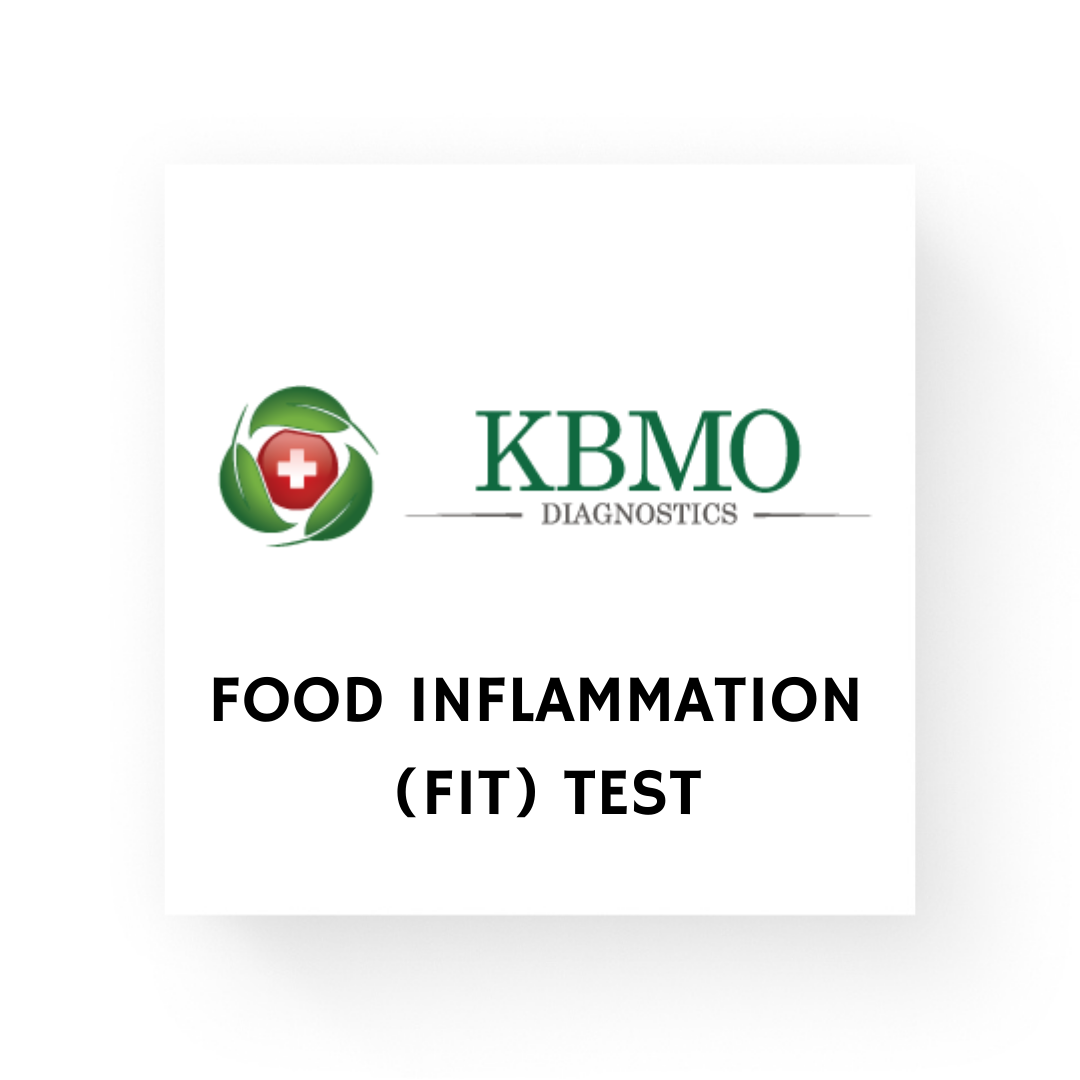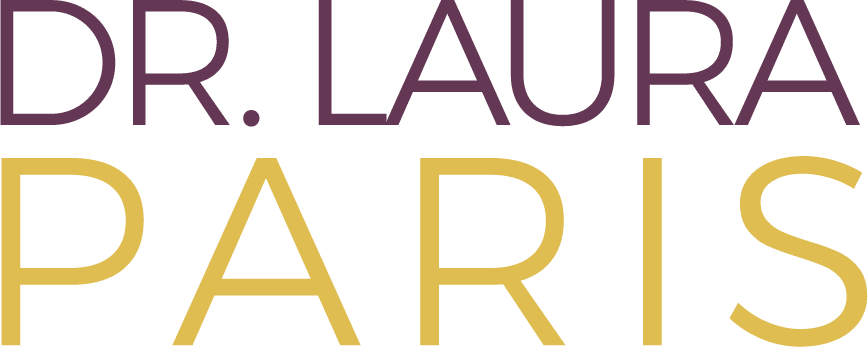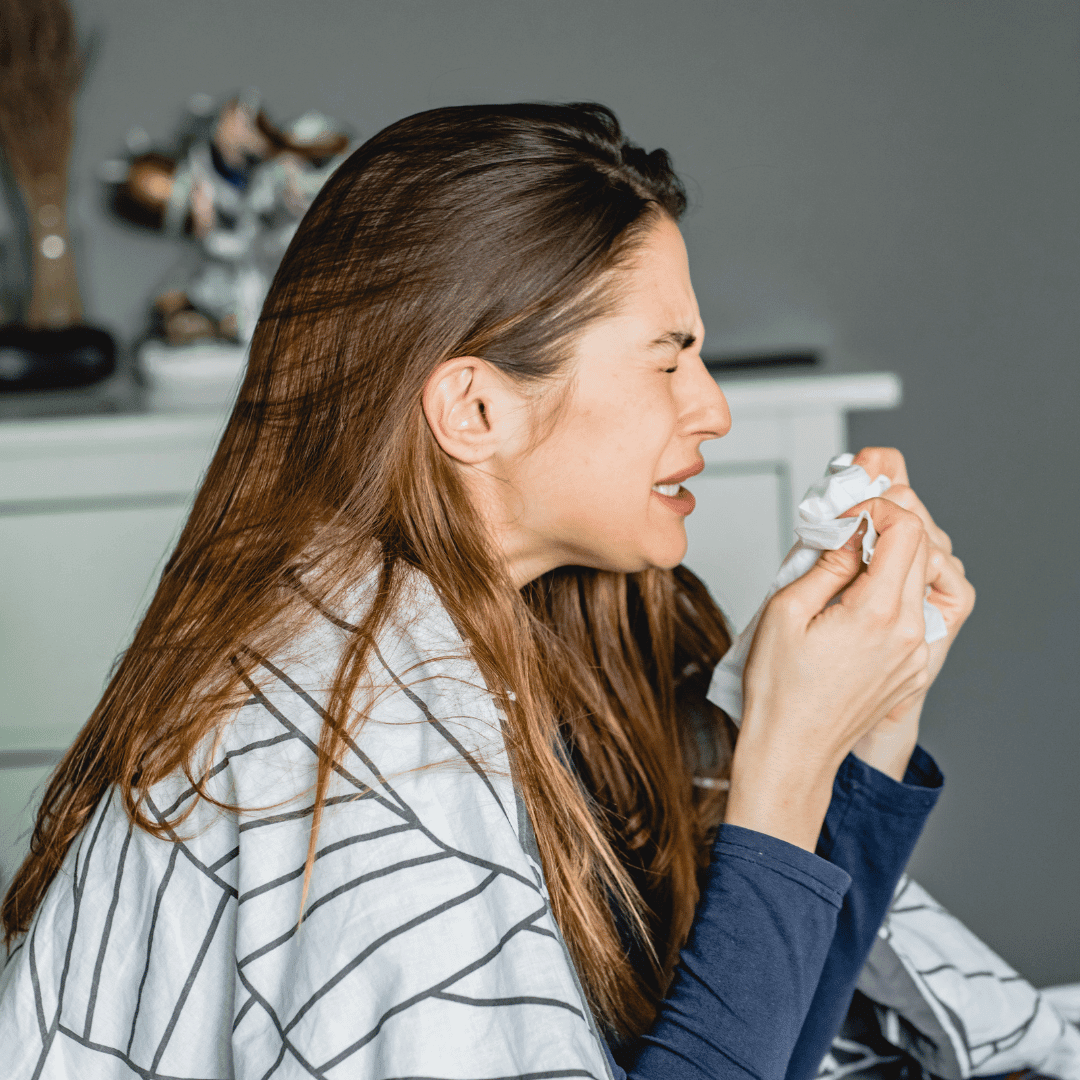Dr. Laura’s Evidence-Based Guide to an Anti-Inflammatory Diet
The Power of Food in Fighting Inflammation
When it comes to inflammation, food plays a pivotal role. The foods you choose can either calm inflammation or fuel it. If you’re here, you likely already know that diet is critical for managing inflammation and even supporting autoimmune health. The great news? An anti-inflammatory diet is one of the most effective tools you have to lower inflammation naturally.
But let’s be real—there’s a lot of confusion about what an anti-inflammatory diet actually looks like. Conflicting advice can be overwhelming, and lasting dietary changes can feel daunting. That’s where this guide comes in. My evidence-based, practical approach will help you understand what works for your body and how to make sustainable changes that effectively reduce inflammation. At the end of this article, you can download my guide, Dr. Laura’s Guide to Eat Your Way Out of Inflammation.

What Is an Anti-Inflammatory Diet?
Simply put, an anti-inflammatory diet emphasizes foods that help regulate inflammation. There’s no one-size-fits-all approach, but the essence lies in finding a balance of foods that support your unique body. Inflammation affects each person differently, and foods that soothe inflammation in one person may not have the same effect in another. Your immune system, gut health, and individual biology all play a role in how your body responds to specific foods.
This is why an anti-inflammatory diet isn’t about rigid rules—it’s about personalizing your food choices and identifying foods that best support your health. Let’s break down the essential components of an anti-inflammatory diet and focus on what to add to your plate.
Foods That Fight Inflammation
A successful anti-inflammatory diet isn’t just about avoiding certain foods—it’s also about intentionally adding nourishing, inflammation-fighting ingredients. Focus on incorporating healthy fats, richly colored fruits and vegetables, and whole, nutrient-dense foods to reduce inflammation, support your immune system, and improve your overall health.
1. Anti-Inflammatory Fatty Acids: Omega-3s and GLA
Fatty acids are among the most powerful inflammation-regulating nutrients in your diet. Choosing the right fats can shift your body’s inflammatory response.
- Omega-3 Fatty Acids: EPA, DHA, and ALA are essential in fighting inflammation. These fats produce anti-inflammatory prostaglandins (hormone-like messengers) that help resolve inflammation. Omega-3s create prostaglandin-3 (PG3), which is known to combat inflammation.
- Omega-6 Fatty Acids: On the other hand, Omega-6 fats can increase inflammation by producing prostaglandin-2 (PG2). Many Western diets are overloaded with Omega-6s and low in Omega-3s, an imbalance that exacerbates inflammation. Ideally, aim for a 4:1 balance—4 parts Omega-6 to 1 part Omega-3. However, typical Western diets may reach 20:1 or more.
How to Adjust Your Omega-3 and Omega-6 Balance:
- Increase Omega-3s: Focus on fatty fish like salmon, mackerel, and sardines for EPA and DHA. If you’re plant-based, consider flax seeds, chia seeds, and algae oil for ALA, a plant-based Omega-3.
- Decrease Omega-6s: Limit processed vegetable oils (corn, canola, sunflower, safflower) and instead choose healthy fats like olive and avocado oils. Whenever possible, opt for grass-fed, wild, or pasture-raised animal products, which contain fewer inflammatory Omega-6 fats.
- Gamma-Linolenic Acid (GLA): This unique Omega-6 fat, found in borage, evening primrose, and black currant oils, has anti-inflammatory properties and produces prostaglandin-1 (PG1), which helps reduce inflammation.
2. Deeply Pigmented Fruits and Vegetables: Nature’s Anti-Inflammatories
Nature’s colorful foods are some of the most powerful allies in an anti-inflammatory diet. Fruits and vegetables that are vibrant—think purple, blue, dark green, red, orange, and yellow—are packed with antioxidants, fiber, and phytonutrients to support your body’s natural anti-inflammatory processes.
- Antioxidants: Found in colorful produce like berries, kale, spinach, and bell peppers, antioxidants combat oxidative stress, a primary contributor to inflammation.
- Blood Sugar Regulation: Many of these foods help regulate blood sugar, which supports the anti-inflammatory effects of healthy fats.
- Gut Health: Fiber in these foods promotes beneficial gut bacteria that produce anti-inflammatory compounds like butyrate.
Aim for a variety of these deeply pigmented fruits and vegetables daily to support your body and reduce inflammation.
Foods That Increase Inflammation: What to Cut Back On
While adding anti-inflammatory foods is essential, being mindful of inflammatory triggers is equally important. Certain foods may be inflammatory for most people, while others may affect you personally due to sensitivities or intolerances.
1. Common Inflammatory Foods
Some foods are known to trigger inflammation for most people, including:
- Refined Carbohydrates and Sugars: These spike blood sugar and insulin, which can increase inflammatory markers.
- Alcohol: Alcohol can damage cells and increase oxidative stress, worsening inflammation.
- Trans Fats: Found in many processed and fried foods, trans fats contribute to cellular damage and promote inflammation.
These foods are often void of essential nutrients and fiber, making them “empty calories” that displace nutrient-dense, anti-inflammatory choices. Cutting back on these foods can yield immediate improvements in your inflammation levels.
2. Personalized Inflammatory Triggers
An essential step in adopting an anti-inflammatory diet is identifying foods that may uniquely trigger inflammation for you. Common offenders include gluten, dairy, nightshades (like tomatoes, peppers, and eggplants), and high-histamine foods.
How to Identify Personal Triggers:
For more details, see our post on Food Sensitivities: Debunking the Myths.
- Elimination Diet: A targeted elimination diet can help you pinpoint specific food triggers. By eliminating suspect foods for a set period and reintroducing them one at a time, you can observe how your body reacts. An elimination diet is the gold standard way to test all types of food reactions.
- Food Inflammation Testing: The Food Inflammation Test (FIT) identifies potential food sensitivities by measuring specific antibodies and inflammatory markers. We like this particular test because you can do it at home, and it also includes a panel for intestinal permeability (“leaky gut”). Food sensitivity tests like this do not identify every type of food reaction, so they need to be paired with an elimination diet.

Ready to Take Action?
Don’t let inflammation control your life. You have the power to create lasting changes through the foods you choose. Start by adding anti-inflammatory foods and reducing inflammatory ones. Your body—and your health—will thank you.
Download Dr. Laura’s Guide to Eat Your Way Out of Inflammation for specific prescriptions based on the advice in this article.
For personalized support, reach out today. If your gut or immune health is complicated, a personalized approach works well. We’re here to help you develop a diet that supports your unique needs, empowering you to live a healthier, more vibrant life.
Please talk to me in the comments below, I’d love to hear from you!

Dr. Laura Paris is a women’s health specialist who provides Acupuncture and Functional Medicine care at her two clinics in Capitola and Monterey, California. She also works with women remotely in the United States through telehealth appointments. Learn more about Laura here, and message her directly here.







